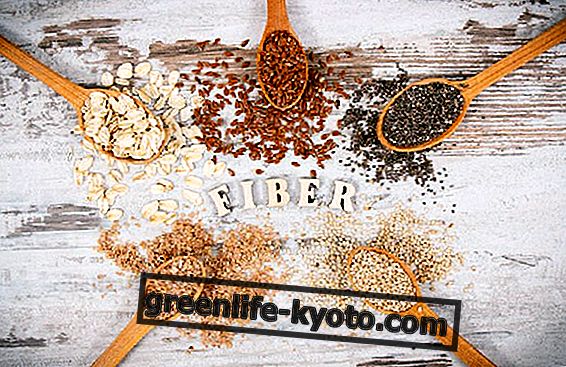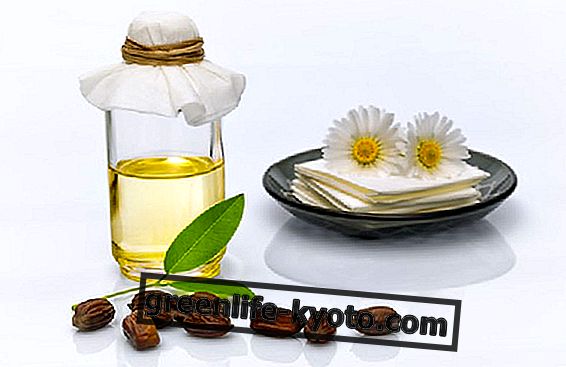
Lactic ferments are used for the intestine on all occasions when the functionality and health of this organ is lacking: poor absorption of nutrients from nutrition, slow digestion, constipation, diarrhea, intake of pharma, stress, inflammatory disorders of the intestinal mucosa are all situations in which the use of probiotics is indicated.
The function of the intestine in our body
The function of the intestine is to transform the digested food, coming from the stomach, into molecules, to allow the assimilation of nutrients . Once the nutrients are transformed, in fact, they are absorbed by the hair cells, which cover the intestinal walls, and subsequently sent, through the blood, to all the cells of the body.
The intestine also plays a very important role as an immune barrier : the intestinal surface is colonized by over 400 species of microorganisms and when an alteration of the internal ph occurs, healthy bacteria such as lactobacilli and bifidobacteria decrease while the harmful ones such as Bacillus Coli, increase.
The gastrointestinal tract, in fact, faces a very high antigen load, choosing (by means of one's brain) and processing what needs to be absorbed and refusing the rest. The intestinal surface is about 360-400 mq2 and is colonized by over 40 types of microorganisms (main strains), in a numerical quantity that is ten times higher than the total number of cells in our body. The distribution and composition of the bacterial microflora is different in the different sections of the gastrointestinal tube.
The microbial load increases as it advances from the stomach towards the rectum, parallel to the anaerobic component, while the aerobic component decreases. Stomach and duodenum are relatively poor in germs, in the small intestine their number increases until they reach their maximum colonization, both in number and variety, in the colon.
When to take lactic ferments?
The role of lactic acid bacteria in the intestine
Live or probiotic lactic acid bacteria are live and active bacteria, whose name derives from the ability to produce, through a process of fermentation, lactic acid from carbohydrates, they play a fundamental role in the prevention of diseases in general, and disorders of the gastrointestinal system .
They support intestinal function, because they eliminate the fermentation gases caused by the putrefaction of food residues (aerophagia and meteorism) and improve their motility in case of diarrhea or constipation. They play a fundamental role in the synthesis and absorption of some important vitamin groups for our body such as vitamins Bl, B2, B12, PP, K, Pantothenic acid, folic acid, iron, vitamin C and A.
Finally, lactic ferments contribute to the resolution of intestinal inflammatory disorders such as colitis and irritable bowel syndrome; and pathologies linked to the alteration of the bacterial flora such as atopic dermatitis, food intolerances, respiratory allergies and infectious attacks such as colds, candida and cystitis.
Image | Pink Sherbet Photography













